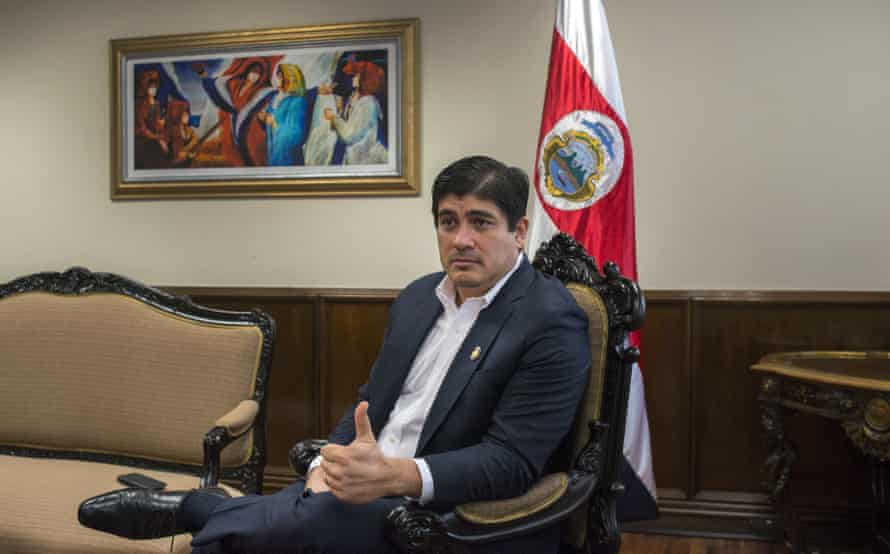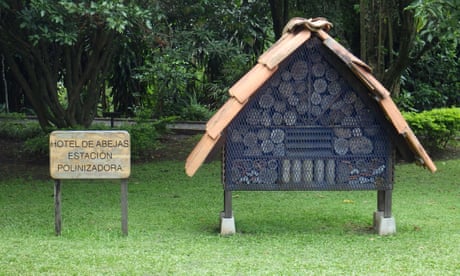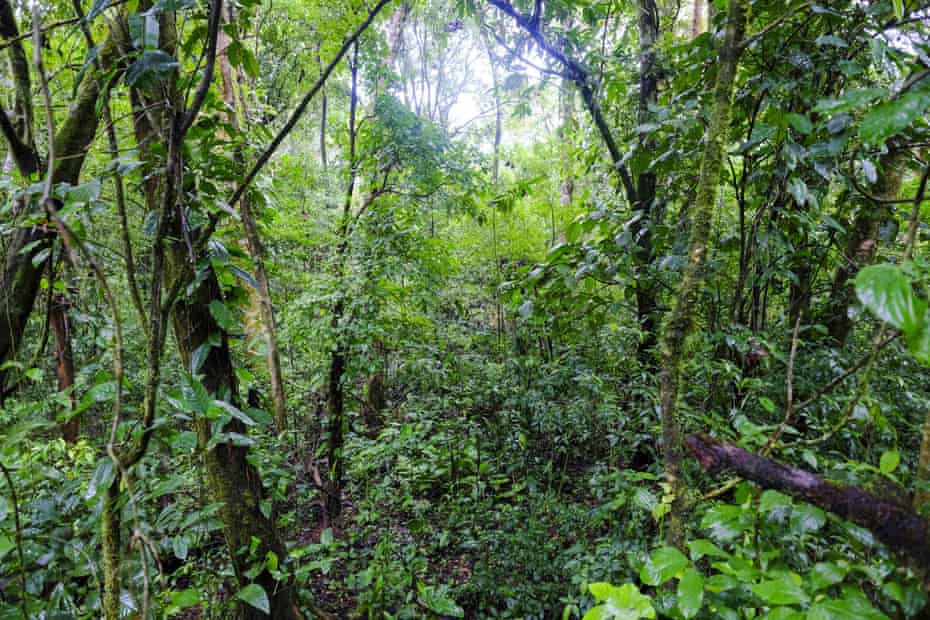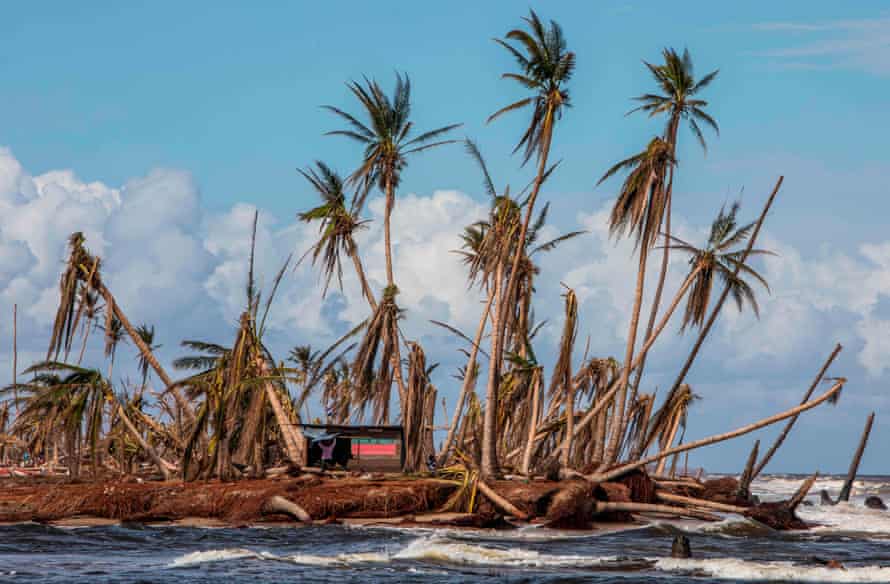Taoism: The Parting of the Way Paperback – 1 September 2018
by Jr., Holmes H. Welch, (Author)
4.9 out of 5 stars 18 ratings
—
$31.86 —
Called "a first-rate piece of work" by T. S. Eliot, this book offers a comprehensive discussion of Taoism, one of the world's major religions, as well as a study of the Tao te ching, the best known Taoist text, and Lao-tzu as a Taoist prototype.
Customer Reviews: 4.9 out of 5 stars 18 ratings
Product description
Review
Of very definite value and interest to specialists as well as laymen. in part, this virtue is owing to the enthusiasm, humor, lucitiy, and delightful informality he brings to his task, but it rests even more on a quite unusual capacity for analytical insight and informed understanding.--Derk Bodde, Harvard Journal of Asiatic Studies
Clarifies a large area of literature and history that has been a mystery to the West and makes fascinating reading even for those whose interest is casual.--The New Yorker
From the Back Cover
This book offers a comprehensive discussion of Taoism, one of the world's major religions, as well as a study of the Tao te ching, the best known Taoist text, Lao-Tzu as a Taoist prototype.
Customer reviews
4.9 out of 5 stars
Top reviews
Top reviews from Australia
There are 0 reviews and 0 ratings from Australia
Top reviews from other countries
Stuart
5.0 out of 5 stars Very good
Reviewed in the United Kingdom on 25 April 2019
Verified Purchase
Very interesting and hard to put down. Great companion to Arthur Waley's 'The Way and its Power'.
Report abuse
Paul
5.0 out of 5 stars Five Stars
Reviewed in Canada on 19 June 2016
Verified Purchase
Comprehensive and extensive
---
Ansel Schmidt
5.0 out of 5 stars Not Arthur Waley, but great
Reviewed in the United States on 14 May 2013
Verified Purchase
Following Ursula LeGuin's suggestion, I bought this book when I wanted to dive deeper into Taoism than Wikipedia allows. Welch does an admirable job describing the different movements that claim the mantle, so as LeGuin says, it's an excellent introduction to Lao Tzu et al. and those who would be his followers. His history of the Taoist religions is thorough and carefully done, but his exploratory essays on philosophical Taoism are the reason this book is so good. Erudite and highly readable, they let me sink my teeth into the meat of Taoist thought within a few pages. Since Welch doesn't seem to have followed up on this book in any substantial way, I quickly found my way to Arthur Waley, whose unique perspective and towering scholarship rewards even an amateur and a dabbler like me, but even someone who's already read Waley's The Way and Its Power four times will find something original and thought-provoking in Welch's studies.
17 people found this helpful
--
Bsage
5.0 out of 5 stars enjoyed reading
Reviewed in the United States on 13 April 2013
Verified Purchase
Bought as a gift and my friend enjoyed reading it. Great Buy for slight used book
--
D V McL
5.0 out of 5 stars Get this along with your chosen 'translation"
Reviewed in the United States on 18 March 2013
Verified Purchase
This book was recommended to me by an Asian scholar and, although not new, is hands down the best explanation of the Tao te ching and its author I've come across - I would say a vital accompaniment to any "translation."
3 people found this helpful
Report abuse
===
Dec 06, 2020Conrad Zero rated it it was amazing
Shelves: philosophy, non-fiction
My love of Taoist philosophy lead me to add a BA in Eastern Philosophy onto my Computer Science degree (One I like, and one to pay the bills. I'll let you decide which is which.) While writing my senior research project, I discovered Welch's Taoism: The Parting of the Way. I just reread this book after a lifetime of reading writings, translations and interpretations of Eastern Philosophies. Welsh does an admirable job putting this extremely slippery, volatile and nebulous subject into context.
It's not a necessary text for those who want to experience Taoism. In fact, all the history and interplay with the other rulers, religions and rebellions might be distracting. Like reading about the life and upbringing of Jean-Claude Killy won't make you a better skier.
That said, it's a good resource for those who want to talk intelligently about Taoism to someone else. If you want to understand how Taoist philosophy relates to elements like alchemy, Buddhism, Confucianism, immortality, Yellow Turbans, magic mushrooms, Celestial Emperors, and even the Taoist Church, then this book is essential reading. Ditto if you are already versed in the Tao Te Ching and Chuang Tzu and just want to explore the history and influences behind the philosophy.
Lao Tzu would likely not approve, but I do. I've never dog-eared so many pages in a book, underlined as many words or starred as many paragraphs as I have in this book. (less)
flag2 likes · Like · comment · see review
Bob Nichols
Jun 08, 2012Bob Nichols rated it it was ok
In the first chapter, Welch discusses the problem of interpreting Lao Tsu and Tao Te Ching: whether the writing was a compilation of numerous writers over an extended period of time that reflected differing perspectives, or whether Lao Tzu even existed at all. This is the most interesting part of the book (the author also writes about the four primary schools of Taoism that subsequently emerged, three of which focused on how to achieve life after death, and how Taoism eventually merged with elements of Buddhism and Confucianism).
This uncertain history does not stop Welch from treating Tao Te Ching as a comprehensive and systematic philosophy of life. Humans are good. It is society that corrupts. Aggression begets aggression. Inaction is good for it lets our good natures emerge and flower. By inaction, Welch means, for example, not to push morality on others and not to stand out in rank and value. We need "an anonymity program," he writes, and we need to minimize our desires ("You need not," he simply states). While the Tao can give us lessons for modern life, Welch says it is a challenge for most of us who are "unable to reconcile ourselves to a quieter role on the earth."
The style of Tao Te Ching "is one of extraordinary compression," the author says and reading it is "an act of creation." One gets the sense that this is what he has done in putting forth some of his "inaction" perspective as it might apply to modern-day life. The key point in this regard is that he downplays the role of strength, thinking it leads only to aggression and counter aggression, and simplistically dismisses strength and its contribution to survival by saying it didn't work for the dinosaurs. Ergo, peace through strength doesn't really work. That's not real and it may not be an accurate reading of the Tao which also teaches balance. Balance means both not to impose and to resist being imposed upon. This point the author does not stress. (less)
--
Jeffrey Thomas
May 31, 2017Jeffrey Thomas rated it really liked it
Very interesting book; I don’t think I could have read it—I certainly couldn’t have read it as profitably—before I became a thoroughgoing atheist-by-way-of-skepticism. Really worthwhile because Welch: 1) makes it clear how extremely ambiguous the original is (its ambiguity being partly because of the Tao Te Ching’s origins and textual changes being lost in the unrecorded past; the other part because of its poetic or gnomic style), which means that interpretations can vary widely, being mostly ethical or speculatively philosophical; and 2) describes the origins and streams of the Taoist church in alchemical and other means of striving for physical immortality, in a polytheism that is either interior or exterior, in a great misinterpretation of the Tao Te Ching, and in a melding of principles that may be found in the TTC, in Buddhism, and in Confucianism, showing how the Taoist church has little or nothing to do with the TTC. If I’ve gotten that much right, I’m quite certain that I’ve left out much that I should have included. I think the most important bit of my little writeup here, is that the objectivity and critical distance afforded by my shift to atheism made it possible for me to read Welch’s book without a TTC interpretation of my own interfering. (less)
flag1 like · Like · comment · see review
Jordan Youd
Jul 27, 2020Jordan Youd rated it really liked it
I read this book because Ursula K Le Guin suggests it as a good primer on philosophical and historical Taoism. I read it as a way to gain a deeper understanding of the Tao Ti Ching, and it provides just that. I won’t say that it was an enjoyable read, for the reason that it was quite dry and so technical that unless Taoism is a pre-existing interest of yours there is no reason to read this book. By pointing this out, I realize that I am suggesting that most readers shouldn’t read The Parting of the Way, but if Taoism is in your wheel house, then this book ought to be treated as essential reading. (less)
--
Jeff
Jan 07, 2012Jeff rated it liked it
Recommended to Jeff by: Ursula Le Guin
Shelves: non-fiction
Only 3 stars cuz i expected more exegesis of the Tao Te Ching. I know that i wanted more of it. I NEED more. Alas, at least half of this book is history, not philosophy, not metaphysics, not religion. So if you really want a Sinologist's history of Taoism, you're sure to enjoy this more than i did.
I picked it up because i knew i'd need help with the Tao and the edition i read was Ursula Le Guin's amalgamation in which she says, "If you want to know more about Taoism, or would like some help and guidance in reading the Tao Te Ching, the best, soundest, clearest introduction and guide is still Holmes Welch's...."
Some ideas and quotes:
"The two preceding sections, by keeping the field of vision rigidly confined to the ethical level of the Tao Te Ching, presented it falsely." [i agree with Welch that the Tao is more about philosophy than about politics or moral hygiene]
"We must not make fun of mystics for inconsistency. If they said no more about their vision than what they could put in precise, apposite terminology, we would learn nothing at all. We must be content with their symbols and similes." [the Tao contains almost no direct language and i think that's its strength]
From page 165 through to about 170, Welch attempts to provide Lao Tzu's answer to how to mend America's troubles or at least to tell us how America's troubles originated. Welch's Lao Tzu impersonation rings true for me and it's a pretty damned funny but depressing portrait of the American personality.
In conclusion, i find it hard not to admire Welch for how he thinks through the question of authorship of the Tao Te Ching, which is unfairly hidden away in Appendix I at the back of the book.
I leave you with a Taoist joke of sorts (or maybe it's a Zen koan):
Liu Ling was—according to Welch—the most celebrated drinker among the Seven Sages as well as "the person who liked to go about his house naked. Once he was interrupted by some stuffy Confucian visitors. They expressed surprise at the absence of trousers. Liu replied, 'The whole universe is my house and this room is my trousers. What are you doing here inside my trousers!'" (less)
--
Amber
Jul 19, 2010Amber rated it it was amazing
As a follower of the Tao, I was thrilled to see this book on the library shelf of my yoga studio. Having read various translations of the Tao te Ching, I appreciated Welch's interpretation of its main ideas: that wu-wei is inaction, that inaction is nonaggression, and so forth. That being said, this would also be an ideal book for someone who is first learning about the Tao.
In addition to exploring Taoist philosophy, the book includes the legend of the author Lao-Tzu (old man) and posits who he might actually have been. There is a lengthy history of the Taoist religion which I didn't read because Welch states from the very beginning that it had nothing to do with the philosophies in the actual Tao te Ching.
At the end Welch posits what Lao-Tzu might have said to the modern world (The book was written in the 50's.). This portion was interesting though some of it is dated (as can be expected). (less)
--
Virginia Simson
Jan 04, 2016Virginia Simson rated it it was amazing
Just a great great book to read and think about. I love his tone; he has an almost Taoist attitude towards his own academism!
Really, I wish I'd read this book years ago. It helps so much at putting all the different threads of thought into a workable timeline.
His admiration of Waley is a Good Thing, too.
(less)
--
Adrienne
Jan 17, 2008Adrienne rated it it was amazing
Shelves: religion, own
I love the beginning chapters, particularly the discussions of the Tao, Wu-Wei, and Mu. I have returned to this book repeatedly to reread and think about the nature of Tao, the Absolute Tao, and Wu-Wei.
====





![[Newsfeed] #TogetherAtHome sticker](https://scontent.fadl3-1.fna.fbcdn.net/v/t39.1997-6/p160x160/93118771_222645645734606_1705715084438798336_n.png?_nc_cat=1&ccb=3&_nc_sid=ac3552&_nc_ohc=zxs5Bq9XbEcAX8wjP5P&_nc_ht=scontent.fadl3-1.fna&_nc_tp=30&oh=43a18c54b6aadeb8ade69a5bcb9382d1&oe=605D89FB)
 Costa Rica’s president, Carlos Alvarado Quesada: ‘Our approach is to lead by example.’ Photograph: Marco Valle/Bloomberg /Getty Images
Costa Rica’s president, Carlos Alvarado Quesada: ‘Our approach is to lead by example.’ Photograph: Marco Valle/Bloomberg /Getty Images

 Environmental policies are ‘the dominant DNA’ of Costa Rica, says Alvarado. Photograph: Jeffrey Arguedas/EPA
Environmental policies are ‘the dominant DNA’ of Costa Rica, says Alvarado. Photograph: Jeffrey Arguedas/EPA Devastation caused by Hurricane Iota in Haulover, Nicaragua, in November 2020. Photograph: Inti Ocón/AFP/Getty Images
Devastation caused by Hurricane Iota in Haulover, Nicaragua, in November 2020. Photograph: Inti Ocón/AFP/Getty Images